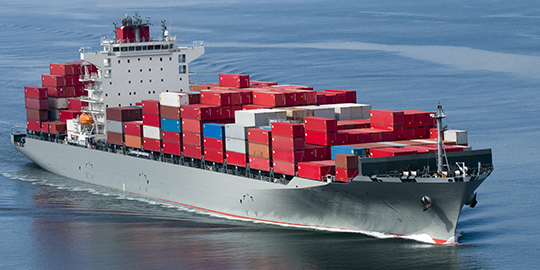
Developing nations to be net gainers in trade facilitation agreement: WTO
The implementation of the Trade Facilitation Agreement (TFA) — a proposed deal which seeks to ease cross-border transactions — is likely to benefit developing nations significantly, World Trade Organisation (WTO) has said. In its world trade report released on October 26, the global body said the enforcement of TFA can increase global merchandise exports by up to $1 trillion per annum, with the developing nations capturing more than half of the available gain. “The TFA could help developing countries diversify their exports, increase their involvement in global value chains, expand the participation of small and medium enterprises in international trade, help to attract more foreign direct investment, increase government revenues and reduce corruption,” WTO said in a statement. TFA which was the outcome of the 2013 Ministerial meeting held in Bali has been ratified by 51 member countries so far. While India is yet to ratify it, Pakistan on Tuesday agreed to implement the agreement which needs ratification from at least two-third of the 161 WTO members before coming into force. The report which came ahead of the coming Ministerial meeting of the WTO to be held in Nairobi in December, said that the agreement would help channelise world trade, reduce cost and help developing and least-developing countries (LDCs) become part of the globalised trade system. It will also give them (LDCs) ample opportunities to integrate with the world market thus bring more global investments and economic diversity, the WTO said and asked all the member countries to implement the agreement as early as possible in order to realise maximum gains. “The benefits of the agreement will be substantially larger depending on the scope and pace of implementation,” the global body said. TFA is aimed at minimizing delay in clearances of goods by customs and other agencies so as to reduce transaction cost. “More and more developing countries are seeking to join global trade networks. Yet, all too often, outdated and uncoordinated customs processes slow down the movement of goods and raise costs to prohibitive levels. By standardizing, streamlining and speeding-up customs processes around the world, the WTO's Trade Facilitation Agreement will help to solve this problem,” WTO Director-General Roberto Azevêdo said. Once the TFA is fully implemented, developing countries could up the number of exported products by 20% and enter an additional 30% foreign market, while LDCs could increase the number by up to 35% and enter 60% additional foreign market. “The TFA could help to increase customs duties and other taxes collected at the border, on which many LDCs are dependent for their revenues. The TFA could also reduce trade costs of members by an average of 14.5%,” said the report.
October 29, 2015 | 3:08pm IST.





 to success.
to success.